Xi Jinping readies army of tech hotshots to take on US
The Chinese president spoke to the bosses of the largest technology companies, such as Huawei and DeepSeek, asking them to step up at this ‘prime time’.

In Washington, a new regime backed by a technocratic elite is on the rampage, saying China is in its sights.
In Beijing, a defensive President Xi Jinping this week marshalled his tech forces in response – and the process appeared a lot more orderly.
At the imposing Soviet-era Great Hall of the People in Tiananmen Square, Xi addressed the heads of the country’s most powerful new industries: manufacturers of electric vehicles and mobile phones and developers of artificial intelligence (AI).
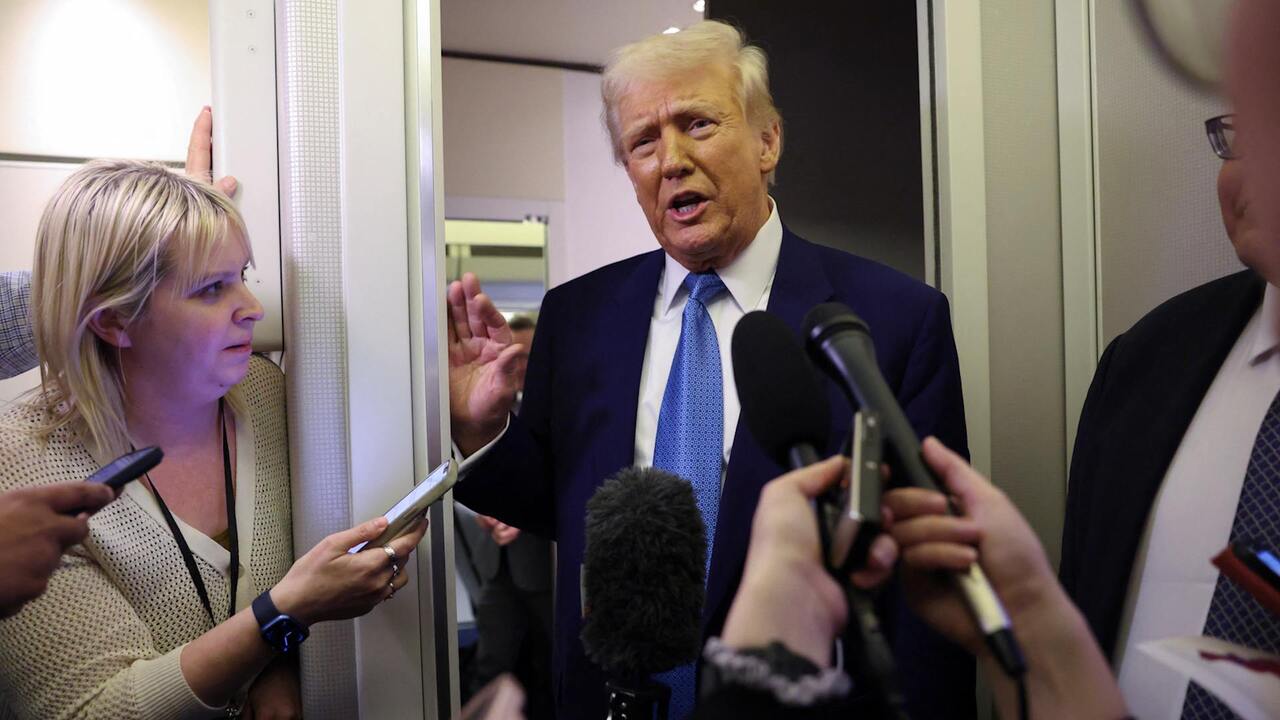
The businessmen – who sat in serried ranks in front of a dais of Chinese Communist Party (CCP) bosses – included Liang Wenfeng, the young hotshot whose DeepSeek machine-learning tool set a rocket under more expensive versions such as ChatGPT last month.
Now, Xi said, they had to step up. “It is a prime time for private enterprises and entrepreneurs to give full play to their capabilities,” he said, according to official accounts of the private meeting.
He said they should embrace patriotism as well as entrepreneurship and “focus on strengthening, optimising and expanding their businesses, and be firm contributors to building socialism with Chinese characteristics and advancing Chinese modernisation”.
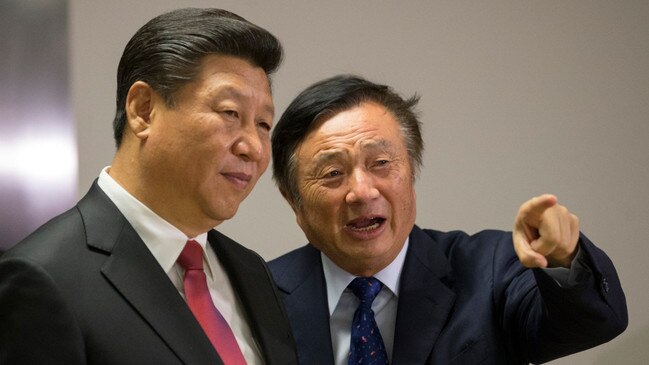
The private sector summit was billed by many, including state media, as an attempt to reinvigorate the economy after a difficult few years in which China’s growth has struggled to match pre-Covid levels.
Xi referred to the “difficulties and challenges” the private sector faced, saying they were “localised and temporary”, not “systemic and long-lasting”.
The pandemic came after a major attempt by Xi to rein in the power of China’s new tech inventors and financiers, in part to prevent any suggestion that they might act as political agents in their own right as their American counterparts do.
Jack Ma, the founder of the online trading platform Alibaba who is often compared to Amazon boss Jeff Bezos, was prevented from floating a spin-off finance company on the stock exchange in 2020 then disappeared from public view. Although Ma had previously publicly criticised what he saw as overeager state regulation, he was shown shaking hands with Xi.
Some firms were hit with regulatory fines. This included Tencent, the social media giant behind Wechat, a Chinese version of WhatsApp, and one of the world’s biggest video game producers. With Ma prominent among the company leaders present for Monday’s Beijing summit, there was a clear sign that the ostracism of multibillionaires is now, of necessity, over.
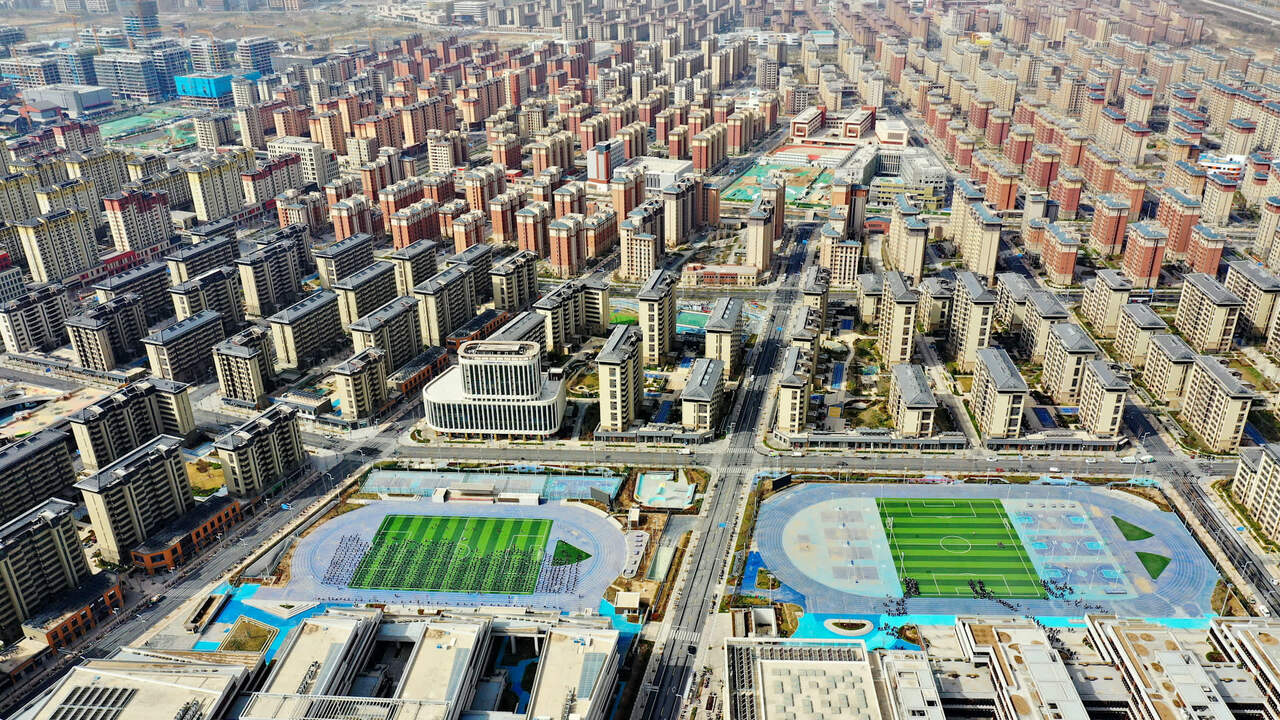
However, China’s economic weakness, particularly damaging for the middle classes hit by a collapse in the property market, has not only been of domestic significance. Xi’s attempts to revive the country’s growth model by pouring resources into industrial production have put it on a collision course with a United States newly determined to use tariffs to limit the flood of cheap imports.
His focus on “high-quality production”, a slogan heavily promoted in the last year and brought out again at the Great Hall of the People, has woken western rivals to the economic, social and military threats posed by the speed at which China is developing its high-tech industries.
The timing of the summit, which took place just as President Trump threatened a renewed trade war with China, was highly significant, the leading Chinese political analyst Deng Yuwen said in a commentary for the German broadcaster DW. He said Xi was seizing on the recent launch of DeepSeek and similar breakthroughs as a “moment to boost morale”.
“This has given both Chinese society and the government renewed hope of breaking through US technological blockades, significantly boosting confidence in China’s tech development path,” Yuwen said.
Although America was hardly, if at all, mentioned at the summit, the seating order for the business guests told its own message. Directly opposite Xi in the front row were Ren Zhengfei, head of the giant tech firm Huawei, which has been banned from large areas of western telecommunications systems, and Wang Chuanfu, the founder of BYD, once a little-known battery manufacturer that has overtaken Tesla as the world’s biggest seller of electric
cars.
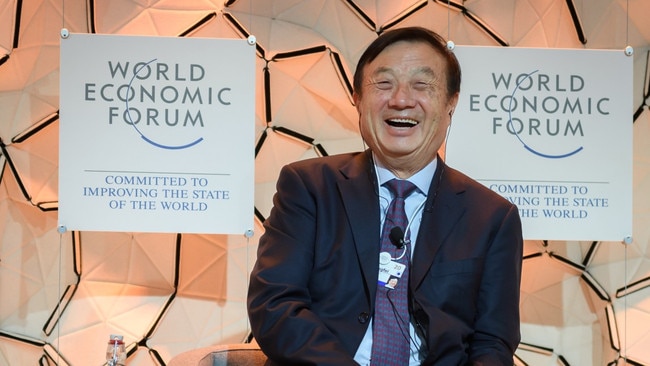
Both companies are key to China’s export strategies. Huawei is establishing a growing dominance in the global south while it is excluded from American and European markets.
BYD, meanwhile, is the company the US and the European Union had at the forefront of their minds as they imposed tariffs on electric car imports last year.
Trump has announced an additional 10 per cent tariff on all Chinese imports since coming to office. This is specifically over what he believes is the country’s failure to stem the flow of the narcotic fentanyl and its precursor components into America.
However, Trump also says he believes he can make a trade deal with Xi – with whom he said he has a “great relationship” – as he did in his first term in office.
Egging him on will be Wang’s great rival, Elon Musk, the boss of Tesla, who has emerged as a more powerful figure in the Trump White House than anyone expected.
Despite the hostile rhetoric towards China often used by Trump’s team, Musk is a regular visitor to China, where he met the premier Li Qiang last April, after meeting Xi in the US the previous November.
China is Tesla’s second-biggest market and home to its largest factory worldwide. Musk has also in the past defended China over its policies, including over Taiwan.
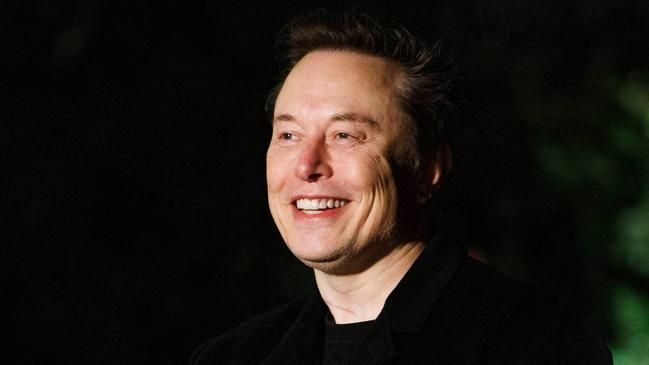
“China is, I think, pleased with Musk’s elevated position in the Trump administration,” said Steve Tsang, head of the China Institute at the School of Oriental and African Studies and author of a study of President Xi.
“Not only will China take advantage of the Tesla gigafactory in Shanghai as a lever to put pressure on Musk to balance against the China hawks in the Trump administration, they also appreciate how much self-harm Musk and [his Department of Government Efficiency] have inflicted on the US and its global standing,” Tsang said.
Trump’s advisers have not yet made clear how his policies will differ from the Biden administration’s clear plans to clip China’s wings strategically and deter it from competing with the US both economically and militarily.
However, Tsang said Xi would be pleased at the apparent victory Trump was handing to Xi’s ally, President Putin of Russia over Ukraine and the deliberate collapsing of American “soft power”, represented by the scrapping of USAid development funding.
“Trump is like Santa Claus to Xi at the moment,” said Tsang. However, “Xi is mindful that Trump still wants to gun for China”, he added.
The Times






To join the conversation, please log in. Don't have an account? Register
Join the conversation, you are commenting as Logout